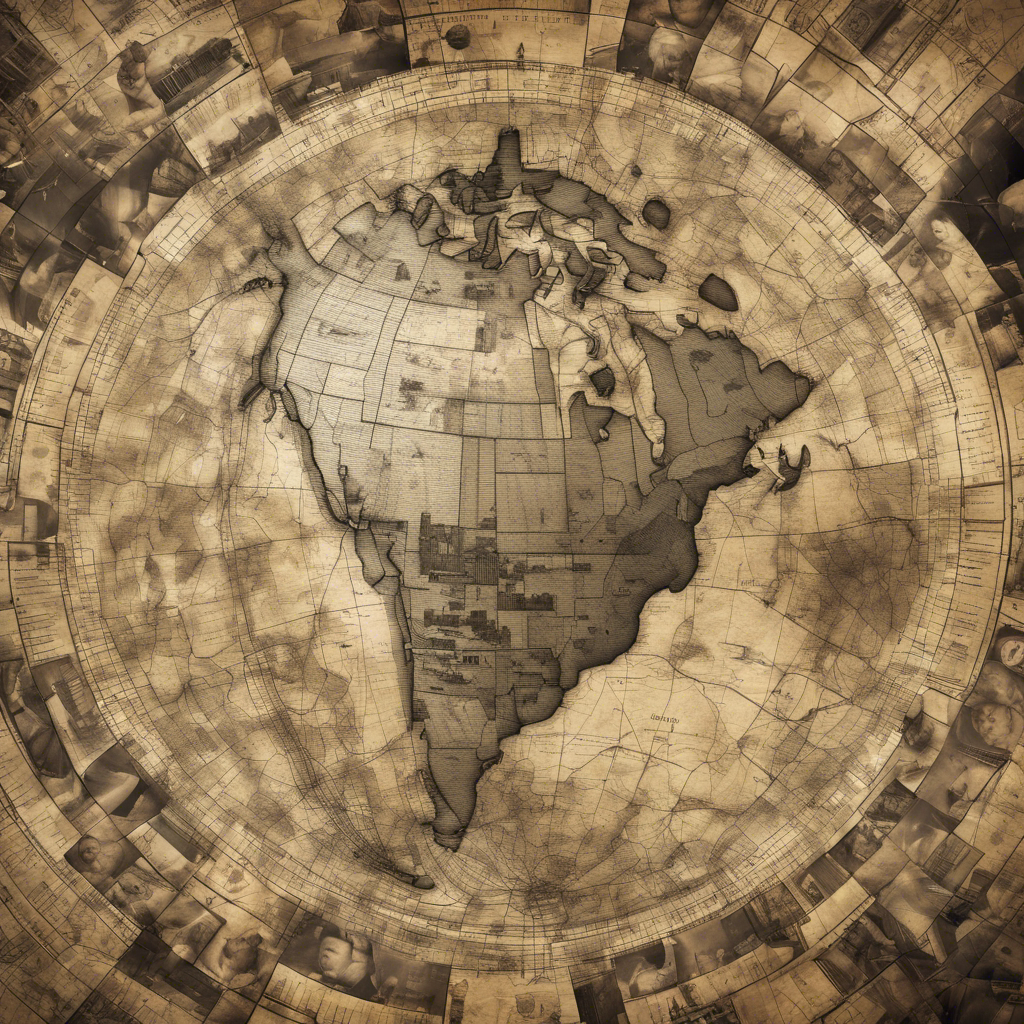The United States’ Underground Empire: How It Controls Global Trade and Data

Washington’s hidden powers over finance and information networks give it unprecedented control over the global economy.
In today’s interconnected world, international trade and data transmission are essential for businesses to thrive. However, what many companies fail to realize is that their transactions often pass through the United States or institutions under its control, giving Washington the power to monitor and even halt these exchanges. This article explores how the United States wields its underground empire, using its dominance over the dollar and global data networks to project political influence and shape the international economy.
The Power of Data and Dollars
The United States’ control over global finance and data transmission is unparalleled. The dollar’s status as the world’s reserve currency makes it a crucial medium for international transactions. Additionally, the majority of the world’s fiber-optic cables, which carry data worldwide, pass through the United States. This dual control allows Washington to monitor and analyze almost all international communication, giving it a significant advantage in intelligence gathering.
The Rise of U.S. Economic Power
After the 9/11 attacks, the United States realized the potential of its economic might and began exploiting it to enhance security. Banks worldwide, reliant on access to the U.S. financial system, comply with Washington’s rules to avoid being cut off. The Society for Worldwide Interbank Financial Telecommunication (SWIFT), a global messaging system for financial transactions, also shares data with the United States. This control over financial chokepoints enables Washington to impose sanctions and disrupt the operations of targeted individuals, companies, and even nations.
The Weaponization of the Underground Empire
The book “Underground Empire: How America Weaponized the World Economy” by Henry Farrell and Abraham Newman highlights how the United States has turned economic networks into tools of domination. The case of Huawei serves as a prime example. By leveraging its control over dollars, information networks, and intellectual property, the United States successfully curtailed Huawei’s global influence. However, the authors caution against overreach, as it could undermine the very power Washington seeks to maintain.
Risks and Consequences
While the United States’ underground empire has proven durable thus far, there are limits to its power. China, an economic superpower in its own right, could opt to “go dark” by cutting off financial and information linkages to the wider world. Such actions would have significant economic costs for all parties involved. Moreover, the potential for unintended consequences and the abuse of power raises concerns about accountability and ethical decision-making.
Conclusion:
The United States’ underground empire, consisting of its control over global finance and data networks, grants Washington unprecedented influence over the international economy. While this power has been used to combat terrorism, disrupt illicit activities, and counter geopolitical adversaries, there are risks associated with its deployment. The need for international regulations to govern the exploitation of economic chokepoints has become increasingly apparent. As the world grapples with the implications of this hidden power, policymakers and experts must consider how to strike a balance between security and accountability in a rapidly evolving global landscape.

